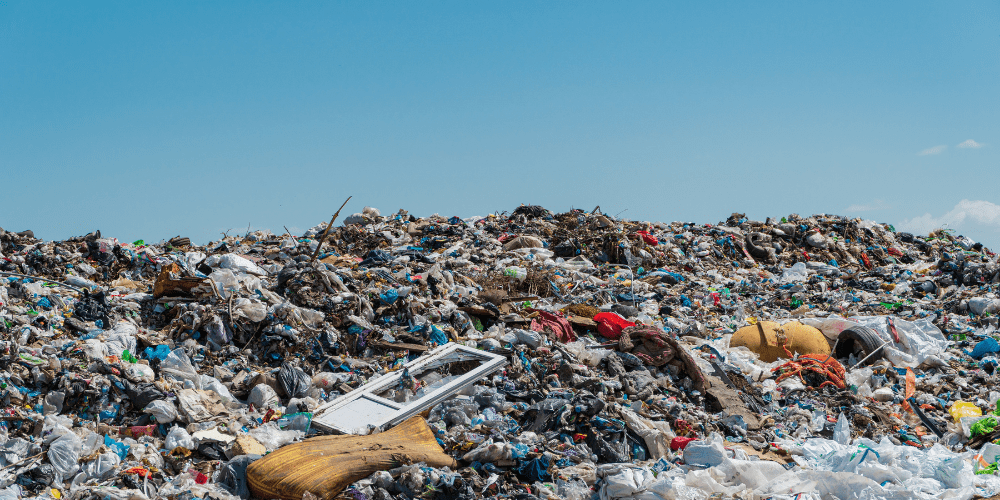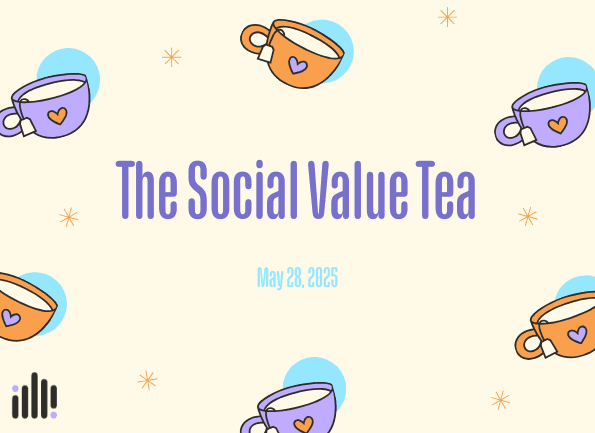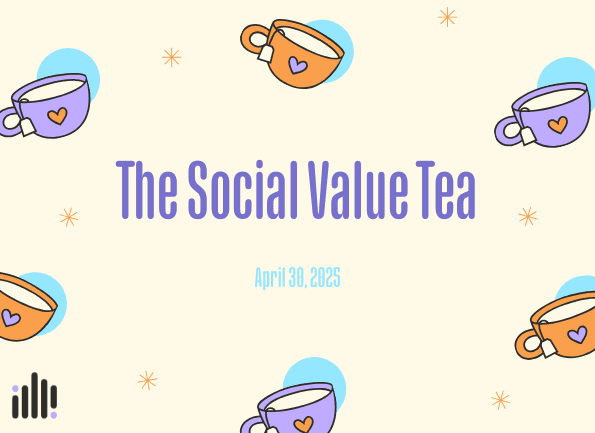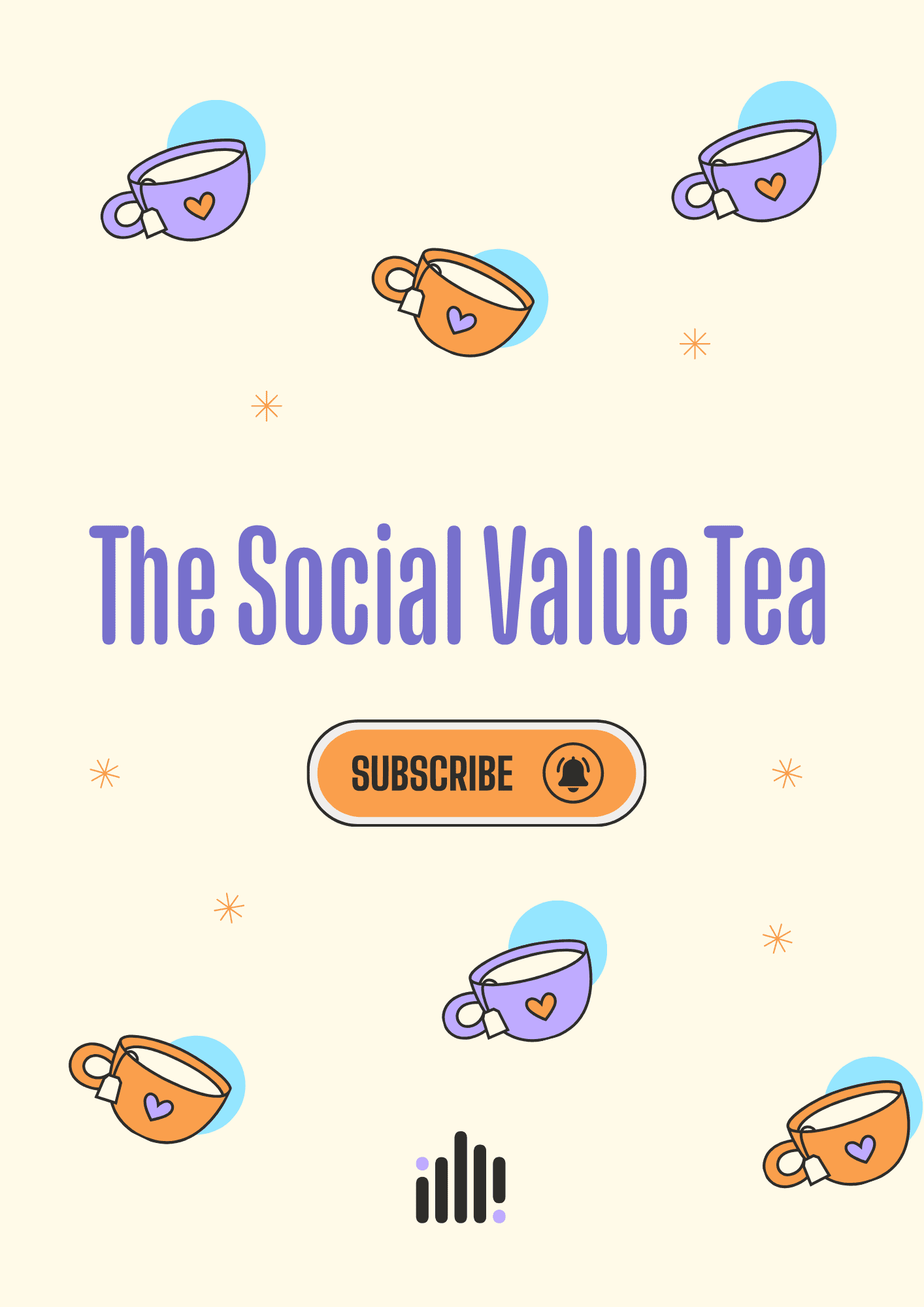Introducing the new ISSB sustainability standards: part one
On June 26th, the International Sustainability Standards Board (ISSB) published its two new standards on sustainability-related disclosures. They are IFRS S1 – General Requirements for Disclosure of Sustainability-related Financial Information – and IFRS S2 – Climate-related Disclosures.
Ever since introducing the ISSB in November 2021 at COP26, and releasing the draft standards in 2022, we’ve been awaiting official word on what they will mean for in-scope organisations. We know. More regulations to keep on top of.
But these standards actually mark a pivotal point in the world of sustainability reporting. And in today’s blog, we’re going to break down why this is the case, as well as answer all the questions you may have following their publication.
What is the purpose of the new standards?
There are already a lot of different standards and regulations in the world of sustainability – both globally and nationally. So much so that we’d forgive you for thinking: do we really need another set?
But what makes these standards different is that they mark a step towards a global baseline for sustainability reporting.
The ISSB’s goal is to create a “common language” for disclosures, laying the foundation for more consistent and comparable sustainability-related financial information.
In an attempt to reduce fragmentation and siloed data, they will set the minimum standard of what good sustainability disclosure looks like. It will enable in-scope organisations to establish a strong foundation for their reporting. And make it simpler for businesses to meet additional standards, whether that’s the CSRD, SEC, TCFD, or any other regulatory framework.
Are they brand-new requirements?
A fresh batch of standards might sound like they might be tough to get your head around. Or even send organisations that are earlier on in their sustainability journey into a tailspin. But a lot of the requirements will align with disclosures you’re already making.
These standards build upon a lot of the frameworks you already know. This includes the Task Force on Climate-related Financial Disclosures (TCFD), the Climate Disclosure Standards Board (CDSB), and industry-based requirements from the Sustainability Accounting Standards Board (SASB).
ISSB chair Emmanuel Faber said himself:
“Companies have been wrestling with a complex reporting landscape for some time. This is a core reason why the ISSB was created. Our standards have been developed by consolidating voluntary initiatives. […] Companies that have already adopted these will be in a great place to apply IFRS S1 and IFRS S2. Companies applying ISSB standards will be fully compliant with the TCFD recommendations.”
When will they come into action?
It’s expected that both new standards will be effective from January 1st, 2024.
Are they mandatory?
For now, at least, the ISSB standards will be voluntary. That is until they’re incorporated into legislation or regulation by individual governments. Or if we move towards a true global baseline for reporting. Countries such as Canada, Japan, and the UK have already shown interest in making the standards mandatory. So it’s worth keeping an eye out for how things progress wherever you are.
IFRS S1 and S2 are also expected to be the foundation for any new or proposed regulatory requirements moving forward. Here in the UK, the government has plans to incorporate them into new economy-wide sustainability disclosure requirements.
So, even though they’re not mandatory, they do highlight the minimum work you should be doing to disclose your sustainability. Especially for companies in scope for the more stringent requirements of the CSRD, these standards will put you in good stead for adopting further regulations.
That’s the gist of what these new standards represent and the context of where they fit within wider regulations. But we still have a lot to say on the matter. So come back next week where we’ll answer more of your questions, including breaking down what the standards include, the best next steps, and the key takeaways for your organisation.
Impact is a framework-independent platform designed to simplify and streamline all your social value and sustainability reporting requirements. Putting all your data capture, analysis, and reporting on autopilot, you can visualise and monitor your sustainability journey with ultimate peace of mind. To find out more, schedule a demo or get in touch with the team on 0161 532 4752.




